Únase a getAbstract para acceder al resumen.

Únase a getAbstract para acceder al resumen.
Daniel Yergin
The Prize
The Epic Quest for Oil, Money & Power
Free Press, 1993
¿De qué se trata?
Why oil has always been accompanied by wealth, power and intrigue involving entire nations and aggressive corporations.
Recommendation
This significant tome is Daniel Yergin’s fascinating, 1992 Pulitzer prize-winning account of the personalities, politics, adventures and misadventures behind the evolution of the ruthless global oil business. This authoritative, intelligent and highly entertaining book reports on the past, present and future of the commodity that shapes the world power struggle. Yergin delves knowledgeably into fulcrum events. For example, shortly before World War I, Winston Churchill made the fateful decision to convert British navy’s fuel from coal to Iranian oil. This decision set off the modern Western quest for Middle Eastern oil. The world is still feeling its wrenching impact, and Yergin shows how and why. getAbstract finds that this book provides an essential context for understanding today’s international conflicts.
Summary
About the Author
Daniel Yergin heads an international energy consulting firm. A former lecturer at the Harvard Business School and at Harvard’s John F. Kennedy School, he co-authored the bestseller Energy Future. His book Shattered Peace is a classic history on the origins of the Cold War.











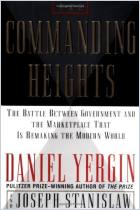

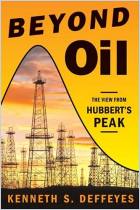
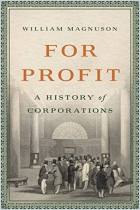
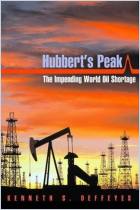
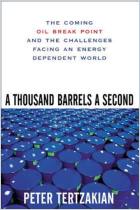




Comment on this summary